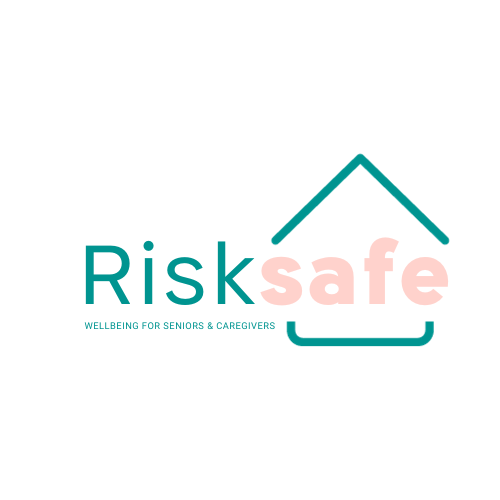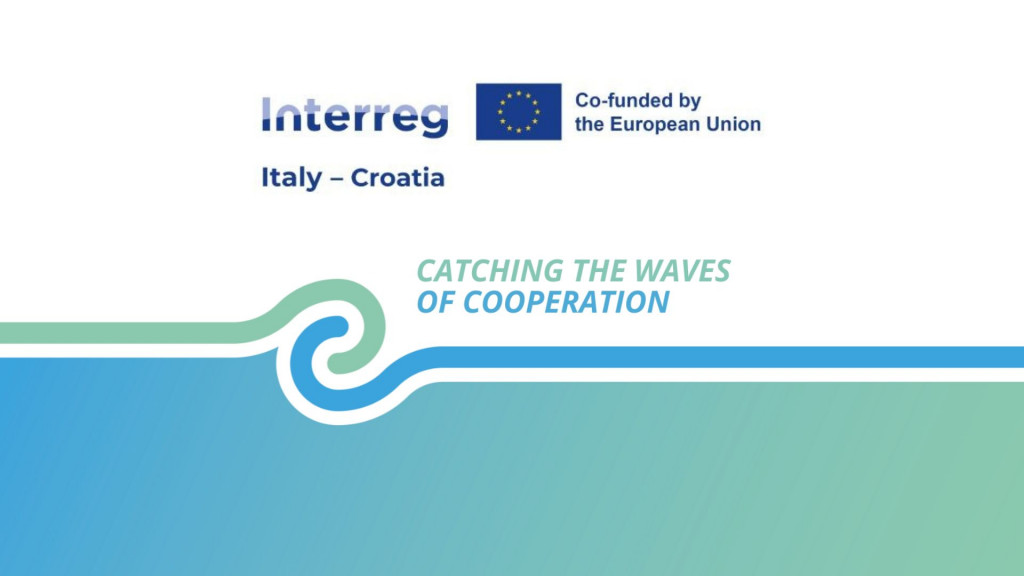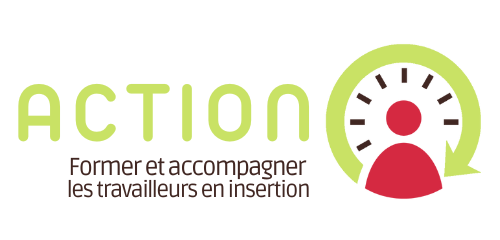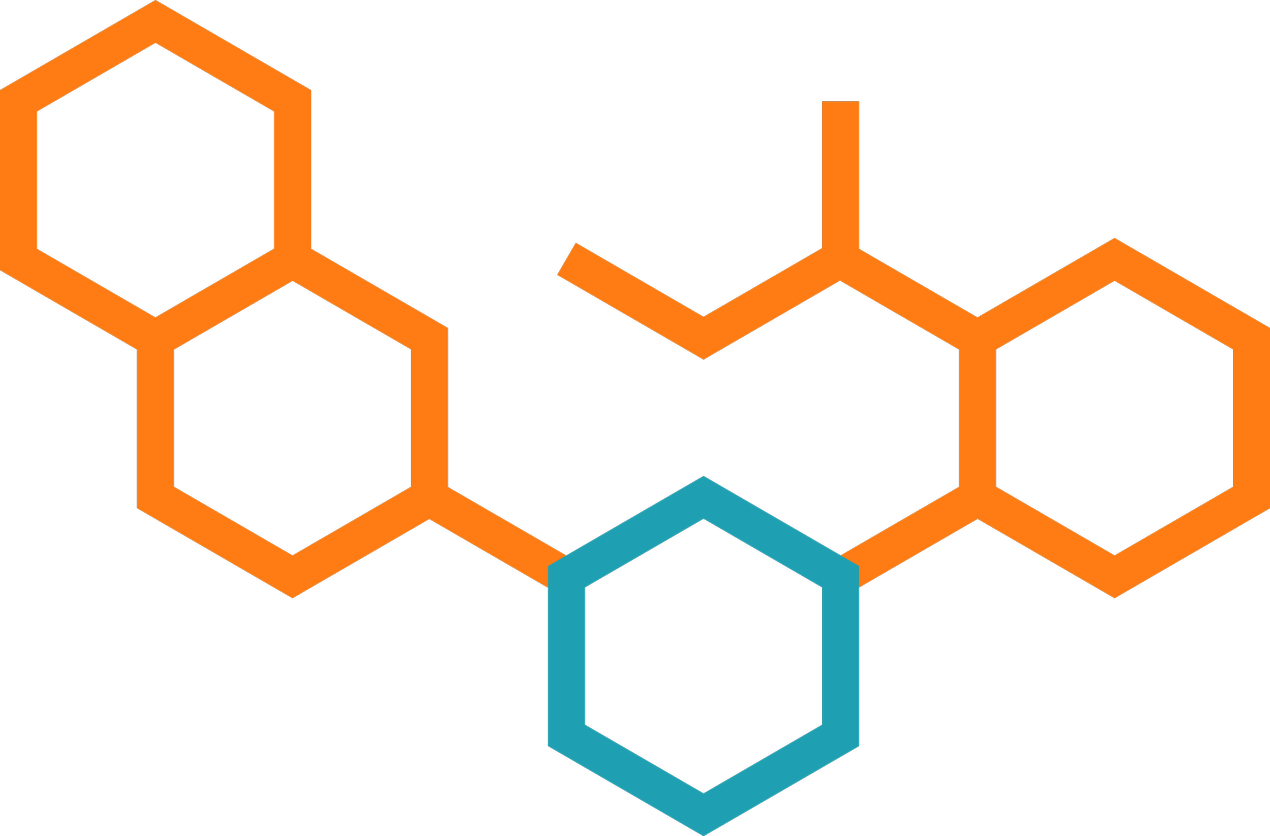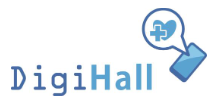RISKSAFE – Risk preventation, risk management, freedom and flexibillity for older people and caregivers
AREA TEMATICA
AE - Adult education
ENTE FINANZIATORE
"ERASMUS + Programme KA2, Cooperation partnership in Adult Education
ATTIVO IN
Italia, Finlandia, Greece, Grecia, Svezia
scopri di più
RISKSAFE – Risk preventation, risk management, freedom and flexibillity for older people and caregivers
AREA TEMATICA
AE - Adult education
ENTE FINANZIATORE
"ERASMUS + Programme KA2, Cooperation partnership in Adult Education
ATTIVO IN
Italia, Finlandia, Greece, Grecia, Svezia
scopri di più
RISKSAFE – Risk preventation, risk management, freedom and flexibillity for older people and caregivers
AREA TEMATICA
AE - Adult education
ENTE FINANZIATORE
"ERASMUS + Programme KA2, Cooperation partnership in Adult Education
ATTIVO IN
Italia, Finlandia, Greece, Grecia, Svezia
scopri di più
RISKSAFE – Risk preventation, risk management, freedom and flexibillity for older people and caregivers
AREA TEMATICA
AE - Adult education
ENTE FINANZIATORE
"ERASMUS + Programme KA2, Cooperation partnership in Adult Education
ATTIVO IN
Italia, Finlandia, Greece, Grecia, Svezia
scopri di più
RISKSAFE – Risk preventation, risk management, freedom and flexibillity for older people and caregivers
AREA TEMATICA
AE - Adult education
ENTE FINANZIATORE
"ERASMUS + Programme KA2, Cooperation partnership in Adult Education
ATTIVO IN
Italia, Finlandia, Greece, Grecia, Svezia
scopri di più
CReAIT – Co-creating Recipes for Accessible and Inclusive Tourism
AREA TEMATICA
social innovation
ENTE FINANZIATORE
INTERREG ITALY-CROATIA PROGRAMME 2021 – 2027
ATTIVO IN
Italia, Croazia
scopri di più
CReAIT – Co-creating Recipes for Accessible and Inclusive Tourism
AREA TEMATICA
social innovation
ENTE FINANZIATORE
INTERREG ITALY-CROATIA PROGRAMME 2021 – 2027
ATTIVO IN
Italia, Croazia
scopri di più
CReAIT – Co-creating Recipes for Accessible and Inclusive Tourism
AREA TEMATICA
social innovation
ENTE FINANZIATORE
INTERREG ITALY-CROATIA PROGRAMME 2021 – 2027
ATTIVO IN
Italia, Croazia
scopri di più
CReAIT – Co-creating Recipes for Accessible and Inclusive Tourism
AREA TEMATICA
social innovation
ENTE FINANZIATORE
INTERREG ITALY-CROATIA PROGRAMME 2021 – 2027
ATTIVO IN
Italia, Croazia
scopri di più
CommuniCare – Communication as a useful tool for caregivers in longterm care for elderly
AREA TEMATICA
AE - Adult education
ENTE FINANZIATORE
Strategic Partnerships in the field of adult learning
ATTIVO IN
Germania, Grecia
scopri di più
CommuniCare – Communication as a useful tool for caregivers in longterm care for elderly
AREA TEMATICA
AE - Adult education
ENTE FINANZIATORE
Strategic Partnerships in the field of adult learning
ATTIVO IN
Germania, Grecia
scopri di più
ACTION – Accompagner et former les travailleurs en insertion
ENTE FINANZIATORE
"ERASMUS + Programme KA2
ATTIVO IN
Belgio, Italia, Francia
scopri di più
ACTION – Accompagner et former les travailleurs en insertion
ENTE FINANZIATORE
"ERASMUS + Programme KA2
ATTIVO IN
Belgio, Italia, Francia
scopri di più
ACTION – Accompagner et former les travailleurs en insertion
ENTE FINANZIATORE
"ERASMUS + Programme KA2
ATTIVO IN
Belgio, Italia, Francia
scopri di più
ACTION – Accompagner et former les travailleurs en insertion
ENTE FINANZIATORE
"ERASMUS + Programme KA2
ATTIVO IN
Belgio, Italia, Francia
scopri di più
NextStep4-SFC – Intégrer et reconnaître les Savoir- Faire Comportementaux dans les parcours de formation et d’insertion socio-professionnelle
ENTE FINANZIATORE
"ERASMUS + Programme KA2
ATTIVO IN
Belgio, Italy, Francia, Lussemburgo, Spagna
scopri di più
NextStep4-SFC – Intégrer et reconnaître les Savoir- Faire Comportementaux dans les parcours de formation et d’insertion socio-professionnelle
ENTE FINANZIATORE
"ERASMUS + Programme KA2
ATTIVO IN
Belgio, Italy, Francia, Lussemburgo, Spagna
scopri di più
NextStep4-SFC – Intégrer et reconnaître les Savoir- Faire Comportementaux dans les parcours de formation et d’insertion socio-professionnelle
ENTE FINANZIATORE
"ERASMUS + Programme KA2
ATTIVO IN
Belgio, Italy, Francia, Lussemburgo, Spagna
scopri di più
NextStep4-SFC – Intégrer et reconnaître les Savoir- Faire Comportementaux dans les parcours de formation et d’insertion socio-professionnelle
ENTE FINANZIATORE
"ERASMUS + Programme KA2
ATTIVO IN
Belgio, Italy, Francia, Lussemburgo, Spagna
scopri di più
NextStep4-SFC – Intégrer et reconnaître les Savoir- Faire Comportementaux dans les parcours de formation et d’insertion socio-professionnelle
ENTE FINANZIATORE
"ERASMUS + Programme KA2
ATTIVO IN
Belgio, Italy, Francia, Lussemburgo, Spagna
scopri di più
EU-NET EUropean NETworking as a method for further training and exchange of ideas in the lifelong learning sector
AREA TEMATICA
AE - Adult education
ENTE FINANZIATORE
"ERASMUS + Programme KA2
ATTIVO IN
Spagna, ungheria, Portogallo, Islanda
scopri di più
EU-NET EUropean NETworking as a method for further training and exchange of ideas in the lifelong learning sector
AREA TEMATICA
AE - Adult education
ENTE FINANZIATORE
"ERASMUS + Programme KA2
ATTIVO IN
Spagna, ungheria, Portogallo, Islanda
scopri di più
EU-NET EUropean NETworking as a method for further training and exchange of ideas in the lifelong learning sector
AREA TEMATICA
AE - Adult education
ENTE FINANZIATORE
"ERASMUS + Programme KA2
ATTIVO IN
Spagna, ungheria, Portogallo, Islanda
scopri di più
EU-NET EUropean NETworking as a method for further training and exchange of ideas in the lifelong learning sector
AREA TEMATICA
AE - Adult education
ENTE FINANZIATORE
"ERASMUS + Programme KA2
ATTIVO IN
Spagna, ungheria, Portogallo, Islanda
scopri di più
DIGIHALL – Digital Health Developing Skills in third age
ATTIVO IN
germania, grecia
scopri di più
DIGIHALL – Digital Health Developing Skills in third age
ATTIVO IN
germania, grecia
scopri di più
